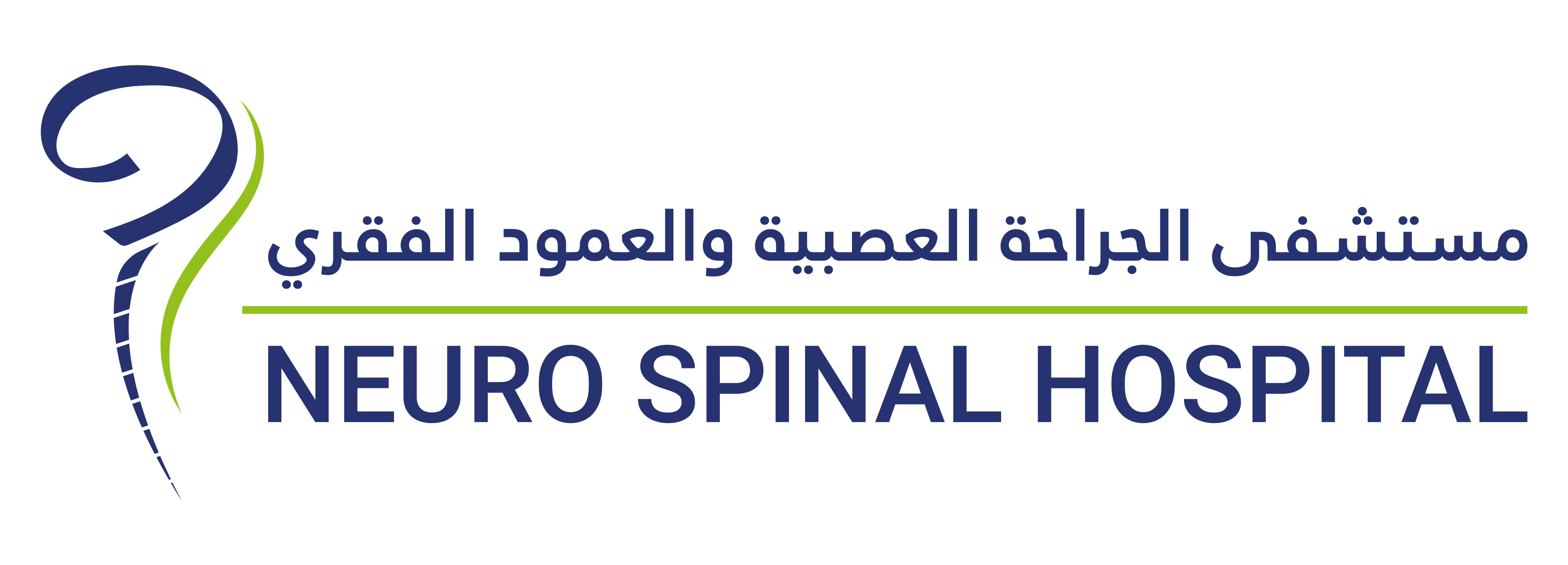Huntington’s disease may present differently and progress faster in younger people that in adults.
Problems that often present early in the course of the disease include:
- Behavioural problems and attention difficulties which may affect school performance
- Physical changes such as contracted and rigid muscles, tremors or slight involuntary movements, seizures, falls or clumsiness
The symptoms of Huntington’s disease can be caused by several different conditions and therefore it is important to see your doctor so that a thorough investigation can be carried out.
After Huntington’s disease starts, a person’s functional abilities gradually worsen over time. The rate of disease progression and duration varies. The time from disease emergence to death is often about 10 to 30 years. Juvenile Huntington’s disease usually results in death within 10 years after symptoms develop.
The clinical depression associated with Huntington’s disease may increase the risk of suicide. Some research suggests that the greater risk of suicide occurs before a diagnosis is made and in the middle stages of the disease when a person starts to lose independence.
Eventually, a person with Huntington’s disease requires help with all activities of daily living and care. Late in the disease, he or she will likely be confined to a bed and unable to speak. Someone with Huntington’s disease is generally able to understand language and has an awareness of family and friends, though some will not recognize family members.
Common causes of death include:
- Pneumonia or other infections
- Injuries related to falls
- Complications related to the inability to swallow






